In this article, you will learn about the New Model Policy introduced by Gov. Youngkin. Along with that, you will also come to know about Old Model Policy. So, let’s get started.
Glenn Allen Youngkin, the 74th Governor of Virginia and an American politician, has recently introduced a document named “model policy” for treating transgender students. The newly issued model policy is for school divisions that would nullify some accommodations, tighten parental notification requirements and replace the current state policy for transgender people and non-binary students in schools.
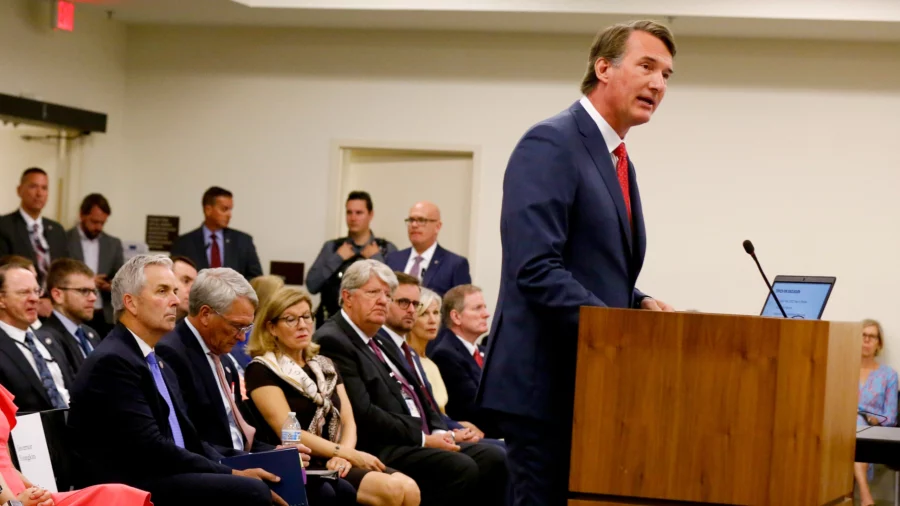
The Education Department of Virginia revised its 2021 Model Policies for the Treatment of Transgender Students in Virginia’s Public Schools; it depicted that the procedures followed under the earlier administration of Gov. Ralph Northam and a Democrat-dominated legislature “disregarded the rights of parents and ignored other legal and constitutional principles that significantly impact how schools educate students, including transgender students.”
What is the New Model Policy by Gov Glenn Youngkin?
The New Model policy depicted that the earlier policies “promoted a specific viewpoint aimed at achieving cultural and social transformation in schools.”
The new updated Policy, published on Friday, reads that the Department now withdrew the 2021 Model Policies, which had no further force and effect, and as a result of this, provided these 2022 Model Policies, which were effective immediately.
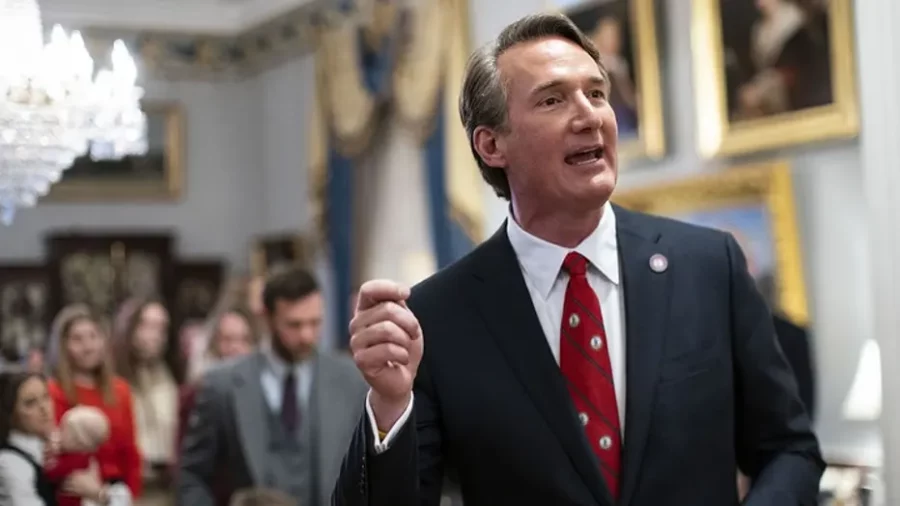
The New Model policy enacted on Friday also reads that schools must attempt to adapt students with specific needs, including any student with a constant and sincere conviction that their gender differed from their sex, it also highlighted what it expresses as parents’ “fundamental rights.”
The Virginia Department of Education stated that the 2022 policies were designed with the motive to provide clear, accurate, and useful guidance to Virginia school boards that aligned with statutory provisions and had taken 9,000 public comments into their account.
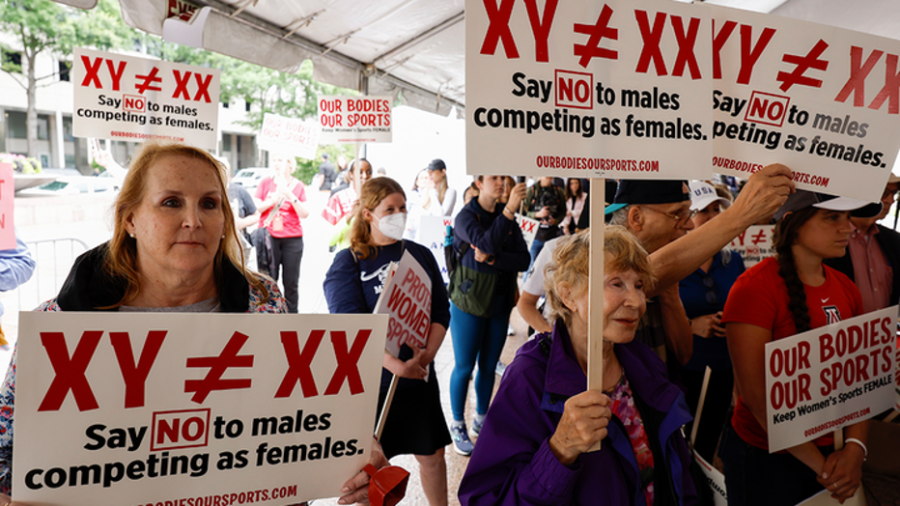
The New Model policy would require parental approval for any changes to student’s names, nicknames, and pronouns, directed schools to keep parents informed about their children’s well-being, and specified that student’s participation in activities and athletics shall be based on sex and “students shall use bathrooms that correspond to his or her sex, except to the extent that federal law otherwise requires.”
The school personnel would not require to address any student in any manner that may violate their constitutionally protected rights. It also stated that schools couldn’t unveil a student’s gender identity to other students or their parents.
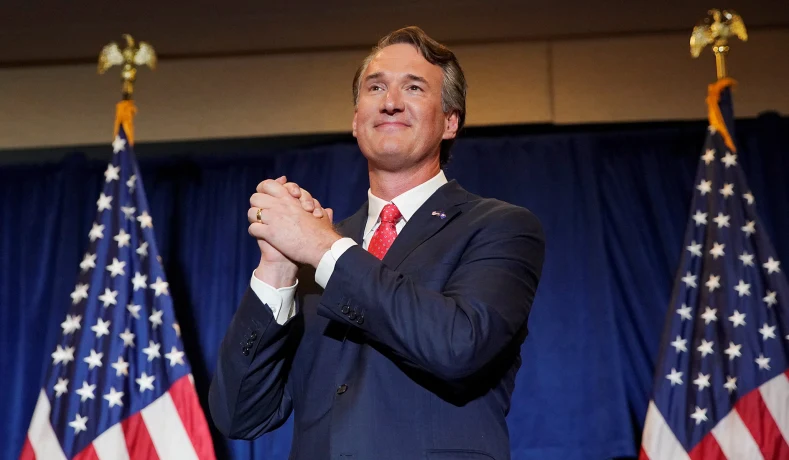
Under the first section of Guiding Principles, Virginia’s Dept. of Education documented that parents had the right to make decisions concerning their children and that the “policies shall be drafted to safeguard parents’ rights for their child, and to facilitate the exercise of those rights.” The 14th Amendment to the Constitution gives parents a “fundamental right to direct the upbringing and education of their children.”
The First Amendment forbade government actors to require individuals to adhere to or adopt any particular ideological beliefs. But the newly revised model described that Practices such as compelling others to use preferred pronouns were premised on the ideological belief that gender was a matter of personal choice or subjective experience, not sex. Many Virginians rejected that belief.
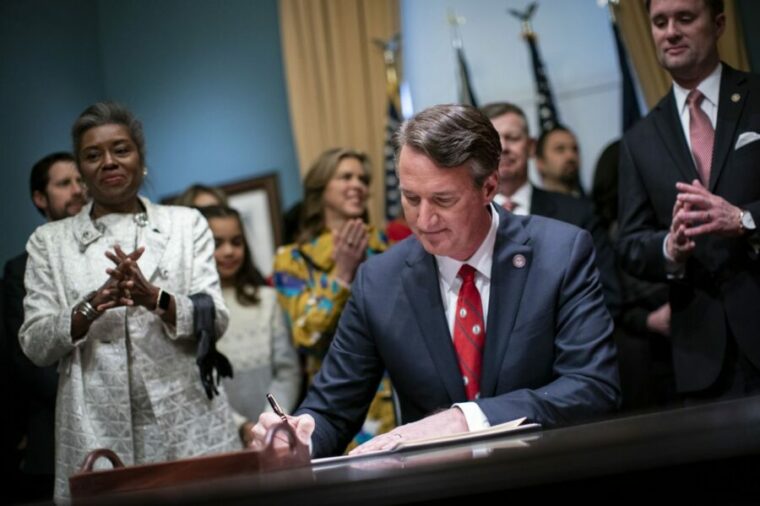
Also, the Policy persists; the First Amendment guaranteed religious freedom and prohibited compelling others from affirming ideas that might be contrary to their personal religious beliefs.
Virginia’s Education department stated that every school must follow the New Model Policy. An official in the governor’s office told 8News that the official public comment would come into effect after the 30 days of public comment. The officials will allow the public to express their views from 26th September 2022. Along with this, it also highlighted that the word “sex” denotes biological sex.
Virginia’s Education Department opened that Glenn Youngkin decided to make changes in the old Policy after the Education Department undertook a complete assessment of the model that refers to the Policy for treating transgender in public schools.
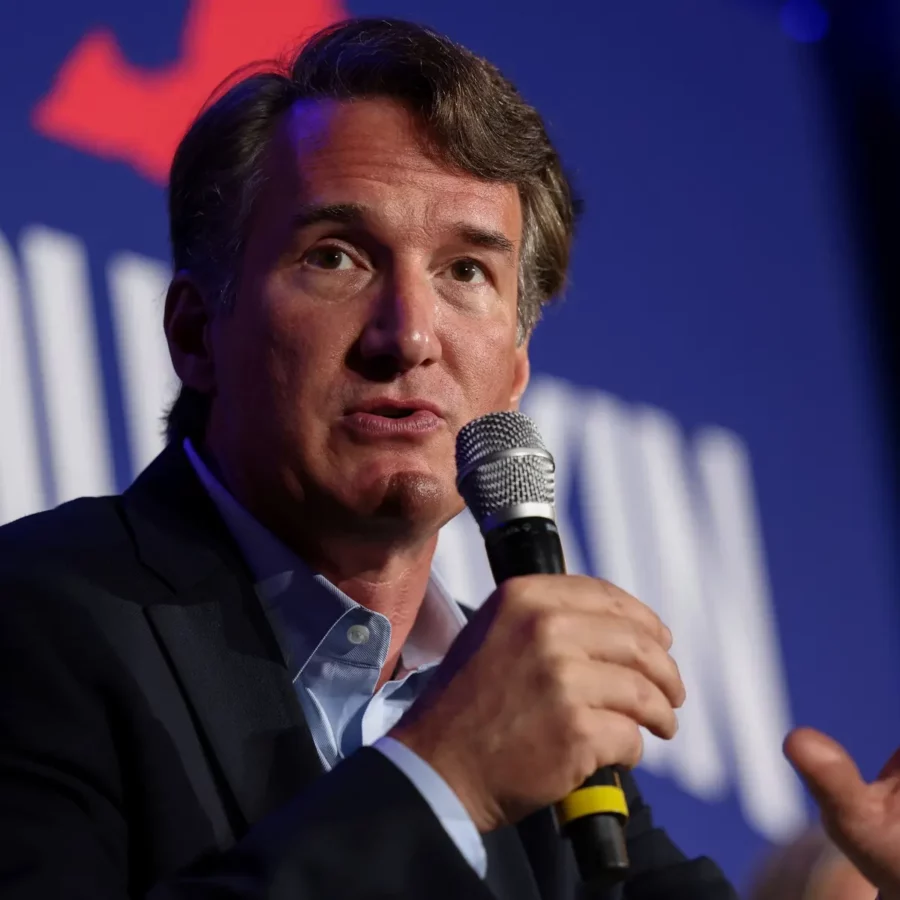
The New Model Policy stated that it promoted a specific viewpoint focused on fulfilling cultural and social modification in schools. The earlier model of 2021 also ignored the parent’s rights and other constitutional and lawful regulations that impact how schools should educate transgender students and other students.
Also read: Gavin Newsom Social Media Bill Explained
The newly drafted model added that the 2021 model policies would no longer be in effect and force after the publication of the New Model policies of 2022 on privacy, dignity, and respect for the students and parents of Virginia’s public school.
New Model Policy for Virginia’s students
The New Model Policy’s guiding principles focus on parents’ and students’ rights. Some of the principles that are listed in the New Model Policy are mentioned below:
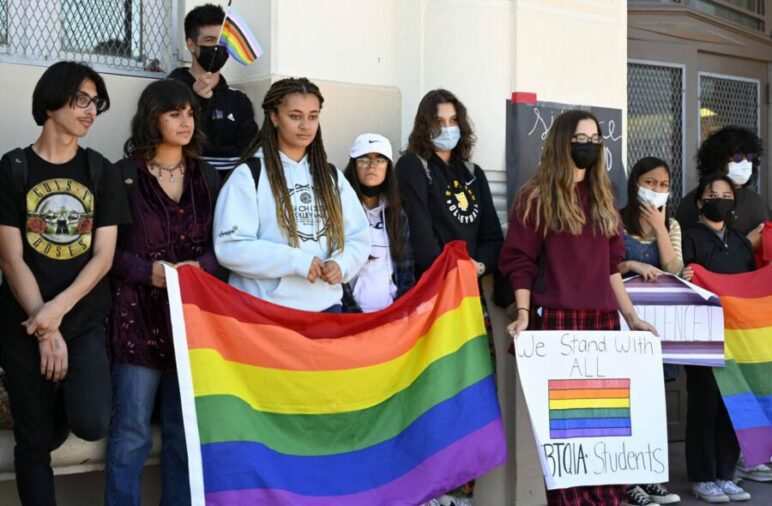
- Parents will be given the right to make decisions for their children.
- The school will fulfill all the needs of the students.
- The school shall respect all transgender students and their parents.
- The school will be friendly with parents.
- The school’s primary contact will be the parents if the school wants to make any decision regarding their children.
- The school shall keep updating parents regarding their children’s well-being and progress.
Old Model Policy doe student in Virginia
Below are the Old Model policies that Youngkin’s New Model Policy has taken over. Have a look at the Old Model Policy that led to its termination.
- Student Identification
In the Old Model Policy, schools were free to openly use students’ names and gender pronouns that reflected their gender identity without any sustaining proof. Earlier it was totally up to the school administration whether they accepted the parents and student’s requests to reveal their identities or not.
- Access to activities
The School administration would decide whether the transgender students would take part in a program or event, including extra-curricular activities or not. The school promoted segregation of students by gender to a much extent.
- Access to facilities by schools
Transgender students were not allowed access to various facilities such as lavatories and locker rooms. There were additional restrooms and locker rooms for these students. A parent wrote, “It can be emotionally harmful for a transgender student to be questioned regarding the use of restrooms and facilities. School staff should not confront students about their gender identity upon entry into the restroom.”
Table of Contents





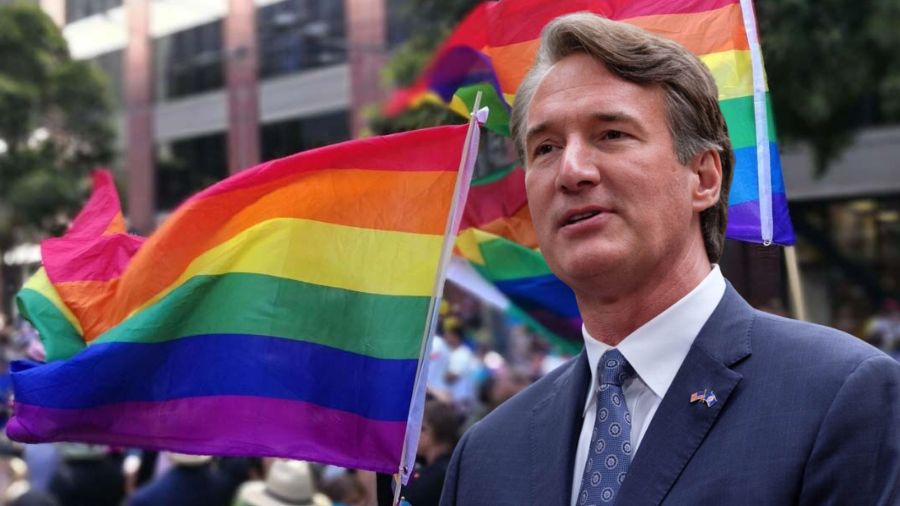

Add Comment